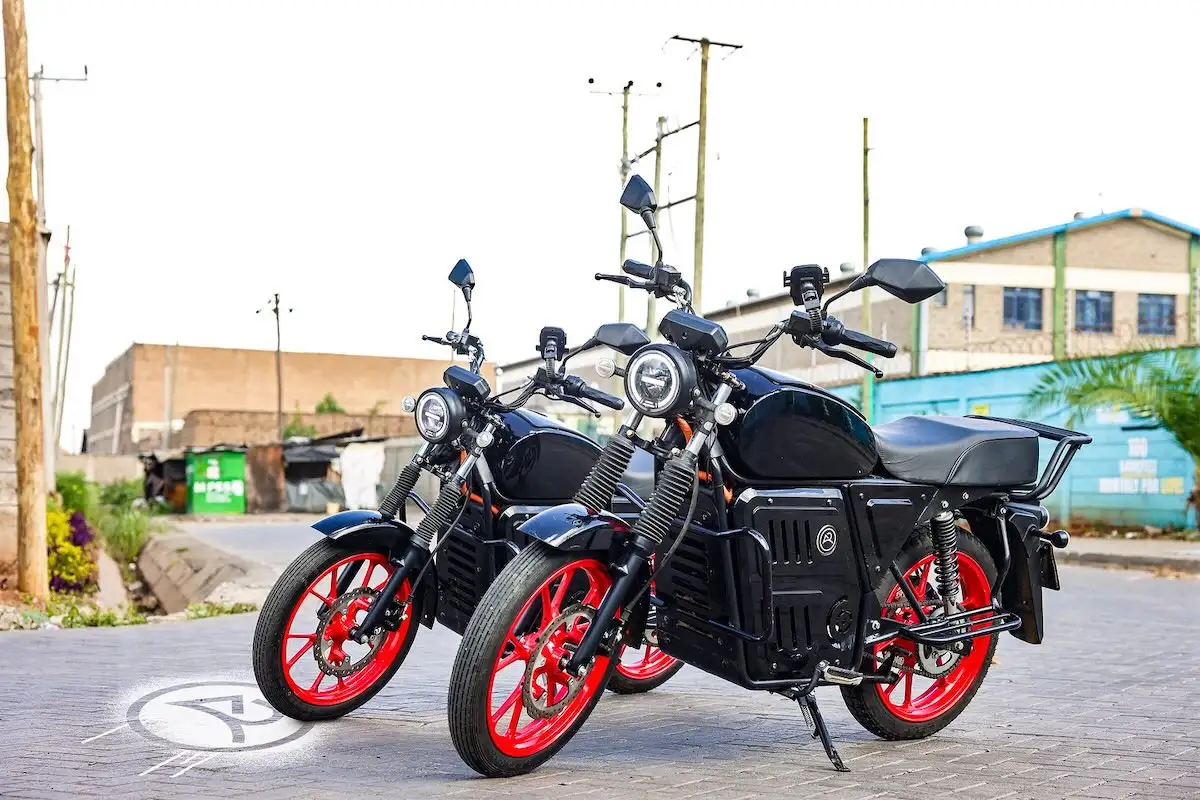ARC Ride has secured a $5 million investment from British International Investment (BII). The investment wil be used to deploy of 5,000 electric two-wheelers (E2Ws) and significantly scale up battery-swapping infrastructure across East Africa.
Note: If you have a startup you want featured on TechArena, let us know through this contact form here.
At a time when the transport sector accounts for around 13% of Kenya’s greenhouse gas emissions, and petrol-powered motorbikes remain a dominant means of urban and peri-urban transport, this announcement marks a strategic turning point.
“This investment will directly support Kenya’s transition to a low-carbon economy, aligning with national climate goals for 2030,” said Seema Dhanani, BII’s Head of Office in Kenya.
A Battery-as-a-Service (BaaS) Model
With over 170 battery-swapping stations already operational in the capital, the company’s Battery-as-a-Service (BaaS) model eliminates one of the biggest bottlenecks in EV adoption, range anxiety and long recharge times.
This model reduces the upfront cost of electric motorbikes for riders who form the backbone of urban logistics and ensures that electric motorbikes can stay on the road for longer with minimal downtime.
Now Read: Kenya Power to Install 45 EV Chargers Across the Country
According to Joseph Hurst, CEO of ARC Ride, the BII partnership “marks a significant milestone” in their ambition to create Africa’s first and largest automated battery swapping network.
“Together, we will ensure millions of clean kilometres will be driven—putting more money in the pockets of our riders while protecting the environment,” he said.
A critical component of the investment is ARC Ride’s push to standardize the battery-swapping infrastructure across the region. This will not only support ARC Ride’s own growth but will allow other manufacturers to plug into a shared ecosystem. This approach could lead to faster and more widespread adoption of electric mobility solutions across East Africa.
Besides the environmental benefits the investment is set to create green jobs, improve air quality, and strengthen Nairobi’s profile as a clean-tech hub.
Daniel Wilcox, British High Commission Nairobi’s Economic Counsellor, said green manufacturing can help drive inclusive growth:
“This investment supports Kenya’s climate ambitions, boosts jobs for hardworking Kenyans, and positions Nairobi as a healthier and more attractive place to live and do business.”
With the boda boda sector playing a pivotal role in daily life across the region, electrifying it is no longer an idea for tomorrow, it’s becoming today’s reality.
For these and more stories, follow us on X (Formerly Twitter), Facebook, LinkedIn and Telegram. You can also send us tips or just reach out on [email protected].
Also Read: MojaEV Kenya Plans Factory to Assemble EVs in Kenya



